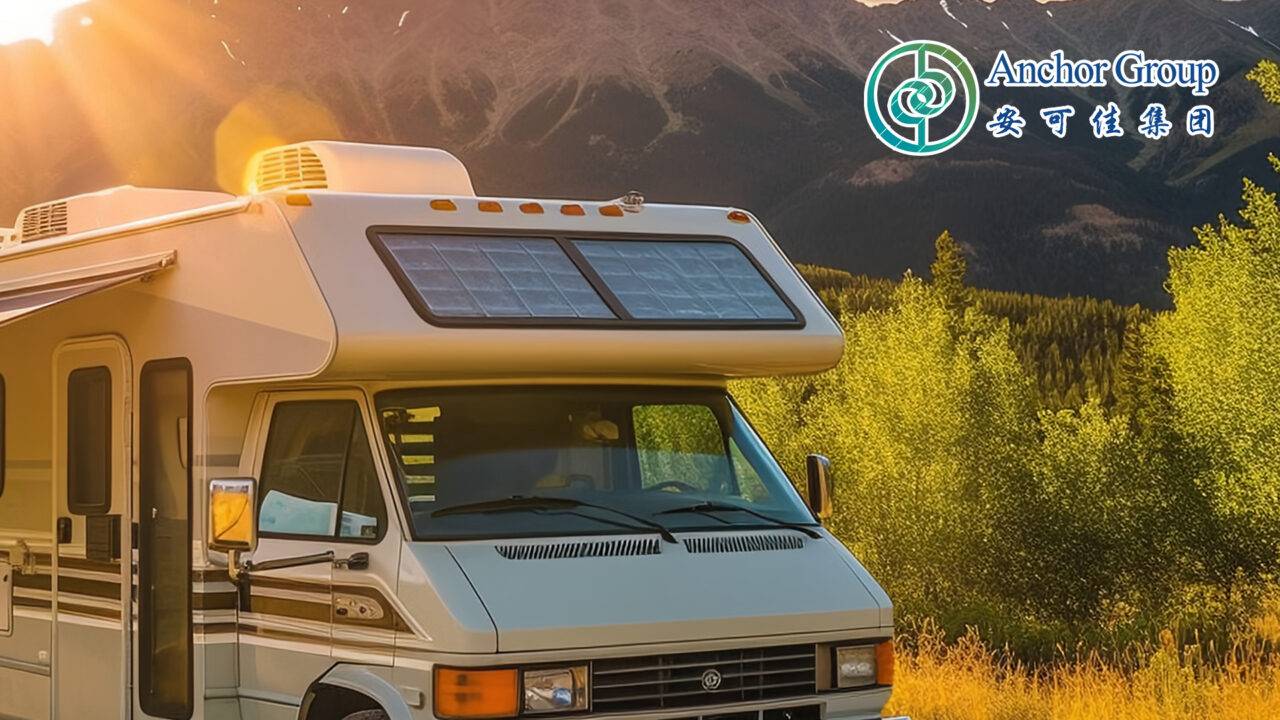
When you’re out on the open road, the last thing you want to worry about is sweltering heat inside your RV. That’s where an RV air conditioner comes to the rescue, making your mobile home a haven of cool comfort. In this comprehensive guide, we’ll dive into the world of RV air conditioners, exploring everything from types and installation to maintenance and energy efficiency. So, hop on board as we embark on a journey to ensure your road trips are nothing short of a breeze.
Understanding the Basics
Before we dive into the specifics, let’s get a grasp of the basics. An RV air conditioner is an essential appliance for any mobile adventurer. It’s designed to cool the interior of your recreational vehicle, ensuring a pleasant living environment even on the hottest days.
Types of RV Air Conditioners
RV air conditioners come in various types, each with its own set of features and advantages. Here are some common options:
- Rooftop Air Conditioners : These units are mounted on the roof of your RV, making them popular for their space-saving design.
- Ducted Air Conditioners : Ducted systems distribute cool air throughout your RV via ducts, ensuring even cooling.
- Portable Air Conditioners : If you prefer flexibility, these units can be moved around to focus cooling where it’s needed.
Installation and Maintenance
Proper installation and maintenance are crucial to keeping your RV air conditioner in top-notch condition. Here’s what you need to know:
- Installation Tips : We’ll guide you through the installation process, whether you’re starting from scratch or replacing an old unit.
- Regular Maintenance : Learn how to keep your RV air conditioner running smoothly by performing routine maintenance tasks.
Staying Energy-Efficient
In an RV, energy efficiency is key. We’ll discuss how to keep your cooling system eco-friendly and cost-effective.
- Energy-Efficient Features : Explore the features that can make your RV air conditioner more energy-efficient, such as programmable thermostats and variable fan speeds.
- Sealing and Insulation : Discover the importance of sealing gaps and insulating your RV to prevent cool air from escaping.
Conclusion
In conclusion, your RV air conditioner is your best friend on the road. With the right type, proper installation, and regular maintenance, you can ensure that you enjoy cool, refreshing air in your home on wheels.
FAQs
And now, here are some common questions about RV air conditioners:
- What size of RV air conditioner do I need?
The size you need depends on the cubic feet of your RV. Consult the manufacturer’s recommendations for the right fit. - Can I run my RV air conditioner on a generator?
Yes, but you’ll need a generator with sufficient wattage to handle the air conditioner’s load. - How often should I clean the air filters?
It’s best to clean or replace the air filters every 2-3 months for optimal performance. - Are there solar-powered RV air conditioners available?Yes, there are solar-assisted air conditioners that can help reduce your energy consumption.
- Can I install an RV air conditioner on my own?While it’s possible for experienced DIYers, professional installation is recommended for safety and efficiency.
Anchor Group boasts years of experience in both manufacturing and researching RV air conditioners. Their extensive expertise in this field is a testament to their dedication and commitment to providing top-notch products and innovations for the RV community. With a proven track record of excellence, Anchor Group stands as a trusted name in the industry, ensuring that every RV owner can enjoy the highest level of comfort on their journeys.